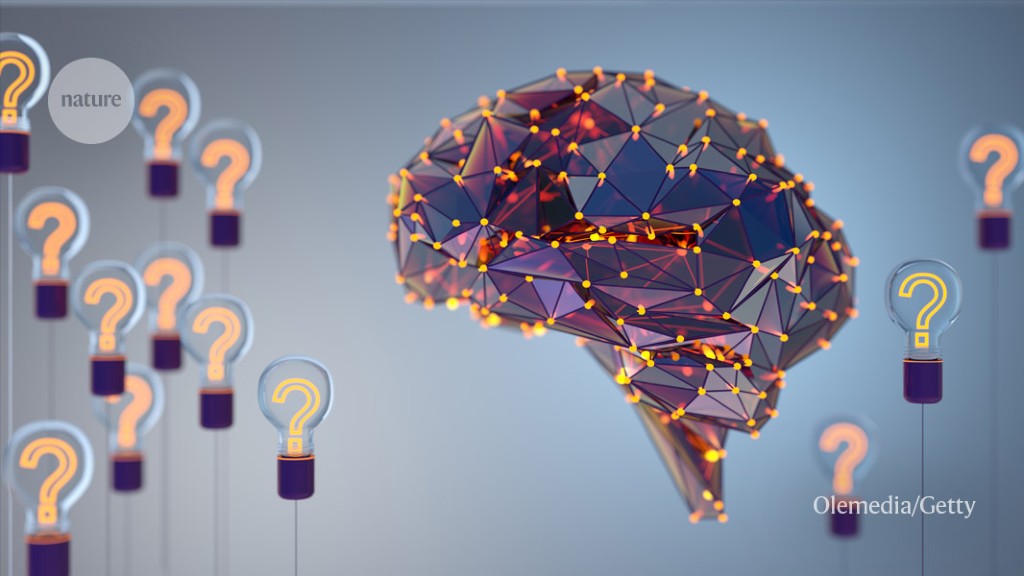Suggestions
Sendhil Mullainathan
Academic interested in people and algorithms
Sendhil Mullainathan is a prominent academic and entrepreneur with expertise in behavioral science, economics, and computational methods. He currently serves as the Roman Family University Professor of Computation and Behavioral Science at the University of Chicago Booth School of Business, a position he has held since July 2018.12
Academic Career
Mullainathan's academic journey includes:
- PhD in Economics from Harvard University (1993-1998)1
- Bachelor of Science in Math, Computer Science, and Economics from Cornell University1
- Professor at Harvard University for 15 years (July 2003 - June 2018)1
His research focuses on using machine learning to understand complex problems in human behavior, social policy, and medicine. He has made significant contributions to fields such as poverty, discrimination, and behavioral economics.2
Entrepreneurial Ventures
In addition to his academic work, Mullainathan is involved in several entrepreneurial endeavors:
- Co-Founder and Scientific Advisor at Dandelion Health AI (September 2020 - Present)13
- Co-Founder and Scientific Advisor at Pique, an app for reading books and learning (November 2018 - Present)12
- Advisor at LookDeep Health (March 2019 - Present)1
Achievements and Recognition
Mullainathan has received numerous accolades for his work:
- Recipient of the MacArthur "Genius Grant"2
- Designated a "Young Global Leader" by the World Economic Forum2
- Named a "Top 100 Thinker" by Foreign Policy Magazine2
- Included in Wired Magazine's "Smart List: 50 people who will change the world"2
Publications and Outreach
He has authored several publications, including:
- Co-author of "Scarcity: Why Having too Little Means so Much"2
- Regular contributor to the New York Times2
Mullainathan is also affiliated with various organizations, including:
- Board member of the MacArthur Foundation2
- Member of the American Academy of Arts and Sciences2
- Affiliated with NBER and BREAD2
His work combines insights from economics and behavioral science with computational techniques, particularly in the field of medicine, where he sees great potential for AI to uncover biomedical insights from large-scale health data.2

